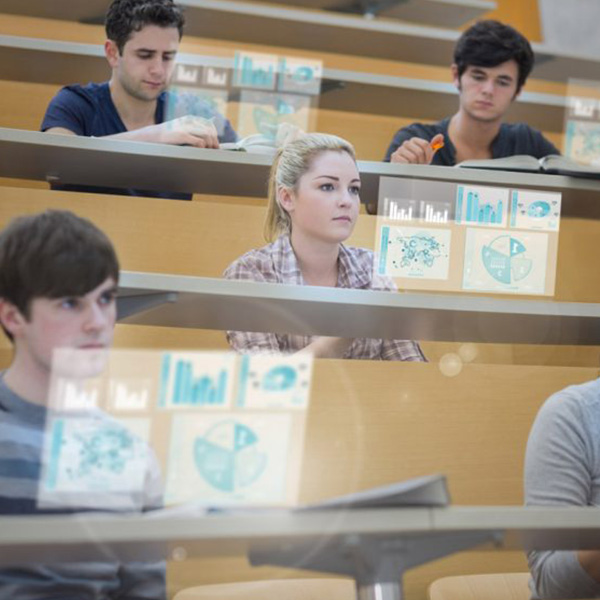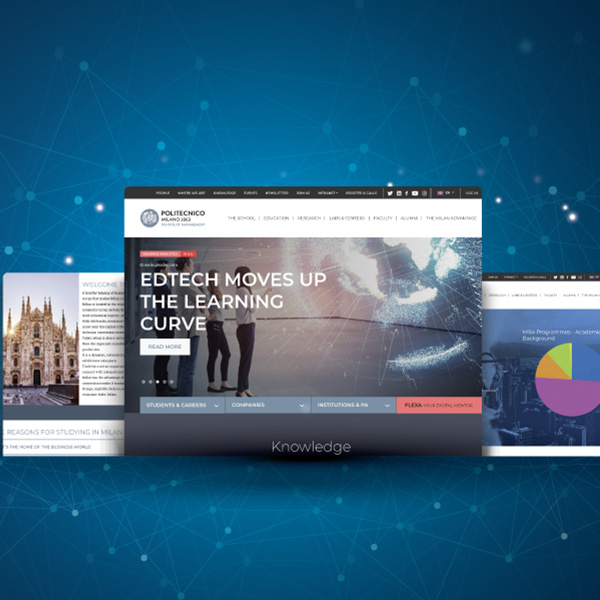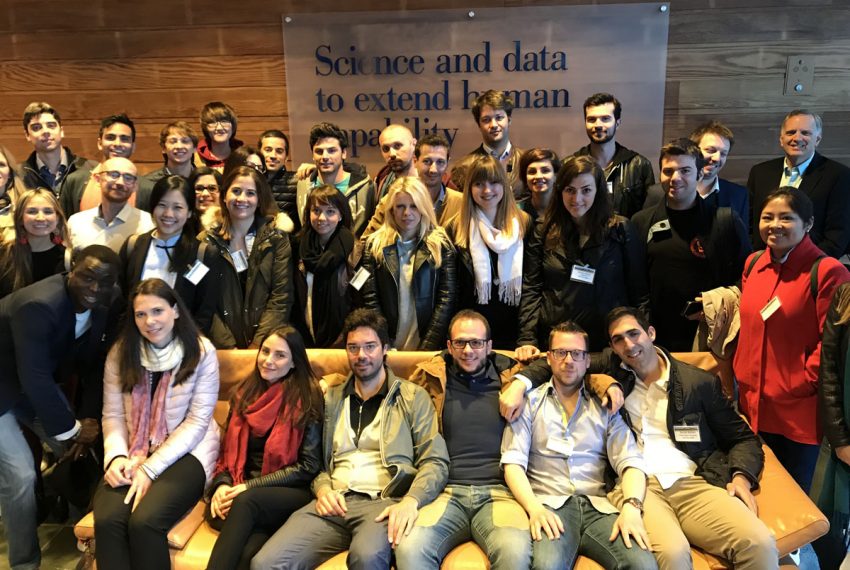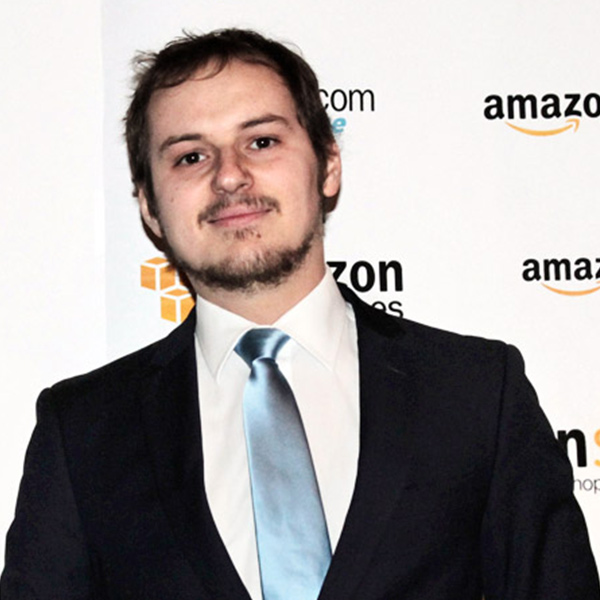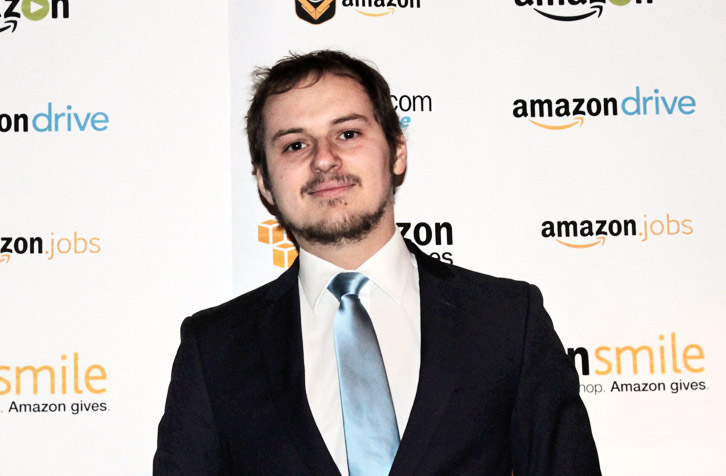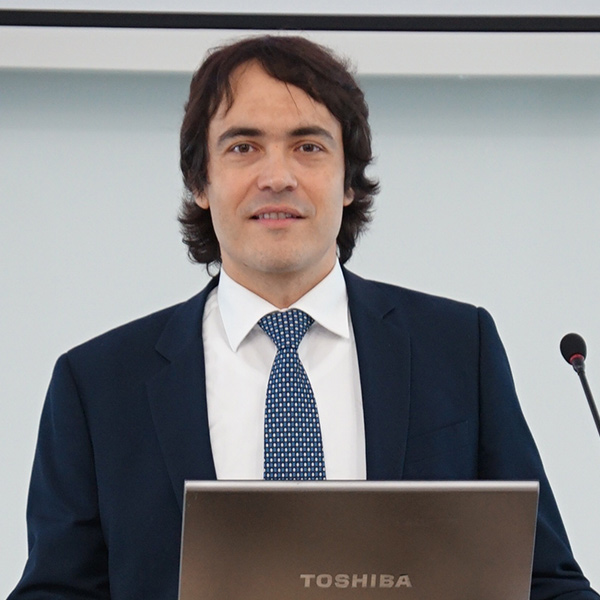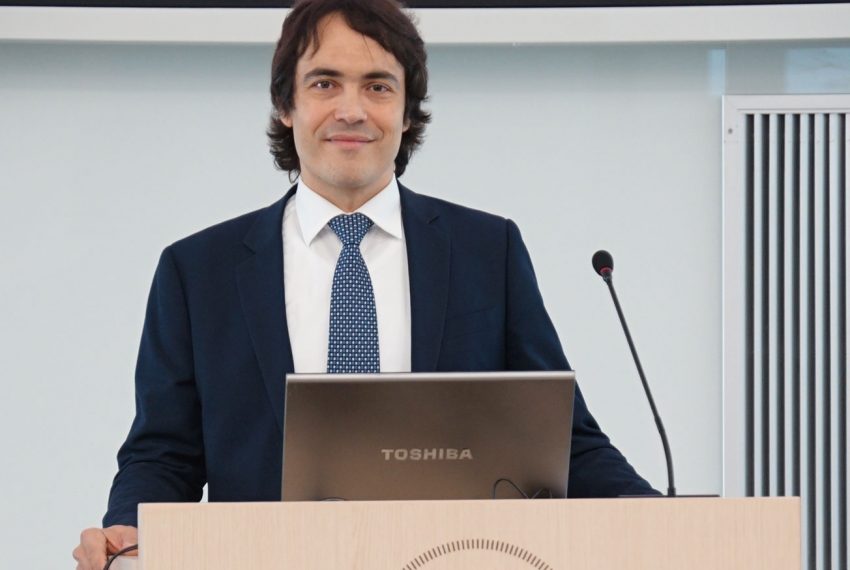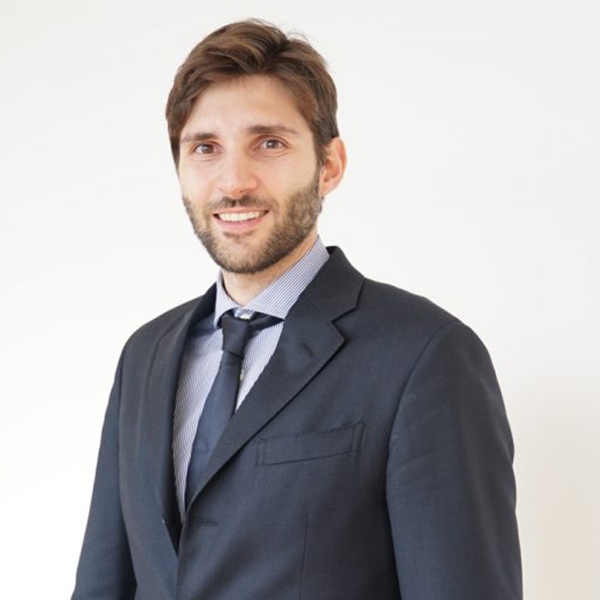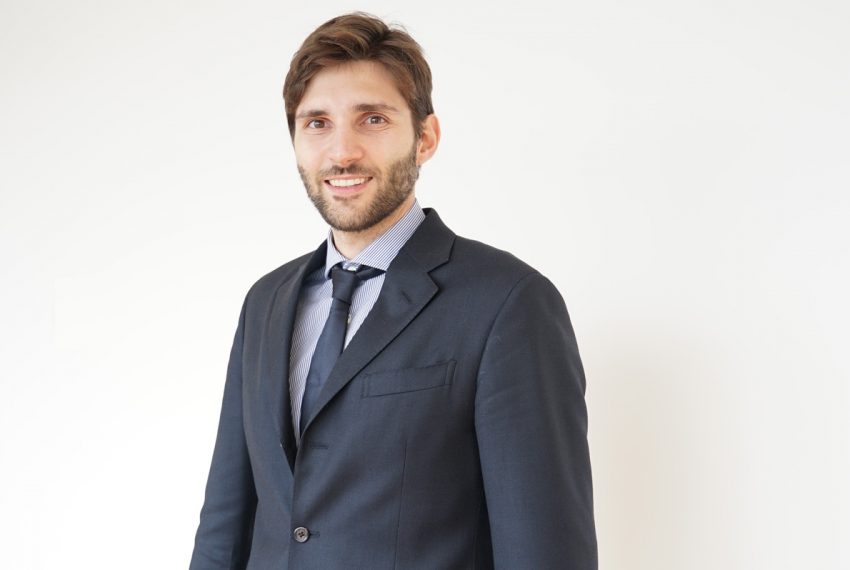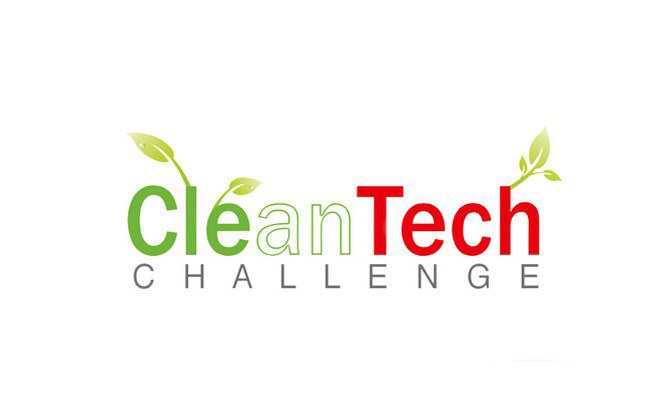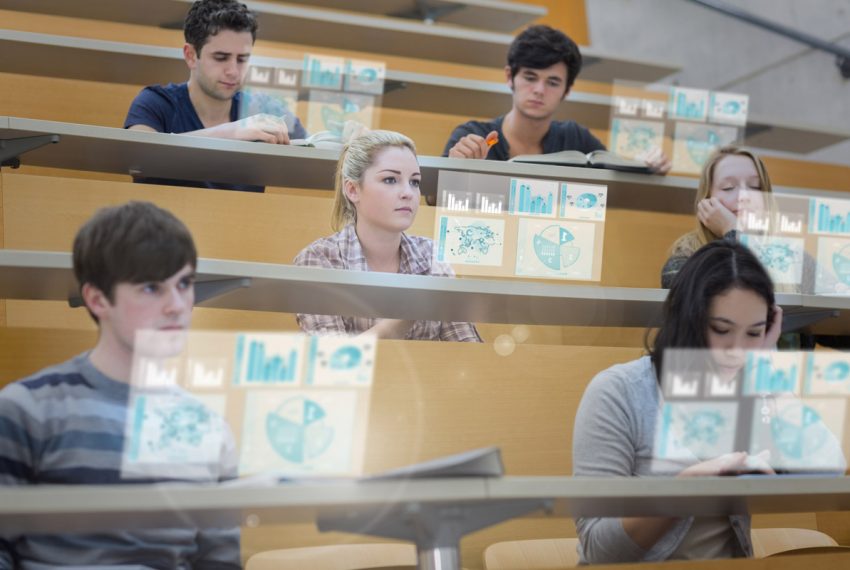
Education technology – or the use of information and communications technology to facilitate, enrich and in some cases replace traditional forms of learning – is a hot topic with educators and investors alike.
As massive open online courses (MOOC) continue to sprout up, in many cases attracting students who may not otherwise have the possibility to study, educators also debate the extent technology can be used to improve the learning experience and the best way to do that in the traditional classroom setting.
Investors have also targeted so-called edtech, or edutech, opportunities. According to data from the Hack Education site, which tracks developments in the sector, a total of $3.48 billion was invested around the world last year in edtech while the business also saw four mergers, four IPOs and 86 acquisitions. Metaari, a Seattle-based research firm, placed the value of global “learning technology” investments last year at a whopping $9.5 billion, although its definition of just what falls into the edtech basket is far broader than most of its peers.
While people may disagree on just what edtech is and thus, the extent of the edtech investment boom, there appears to be more agreement on where the funds are going. Topping the list is the United States, while investments in China and India are rising dramatically as investors seek to tap into the vast user bases in both countries and an appetite for new investments in education. While edtech progress in Europe, underpinned by the UK and Scandinavian countries, has been generally slower, there are a growing number of initiatives throughout the Old Continent. In edtech hotspots around the world, schools are increasingly playing a direct role in shaping educational platforms from elementary to university level.
And while there may be much talk of edtech today, it’s hardly a new phenomenon. MIT professor Seymour Papert talked about the benefits of edtech half a century ago. “With computers, there is a substantially bigger chance that you can lead the child with less effort into something he really likes doing,” Papert said in a 1970 interview with Computer Decision. “The intersection with the set of fun things with the set of educational things is sufficiently big so that you should be able to keep every student internally motivated.”
To be sure, technology and edtech have both advanced by leaps and bounds over the decades – go back to the ‘80s and edtech largely meant bulky personal computers, floppy discs and rudimentary programmes – although helping to keep students motivated is still one of the major aims of edtech today.
As edtech proponents look to the use of cutting-edge technologies like virtual reality, artificial intelligence (AI) is already carving out an important role in the edtech space, a trend that is expected to continue in the future. Its most common use today is in personalised learning programmes, with data collected on the individual allowing for a customised approach based on factors such as the speed of a student’s learning, method of study, goals and personal interests. Along with this comes personalised feedback, allowing for adjustments when learning is not progressing as planned.
Among those that have invested heavily in personalised learning is the Bill and Melinda Gates Foundation, which cites the potential for a massive reduction in dropout rates. Edtech also offers an upside to star students, who may progress at a faster pace. High-profile initiatives also include the new FLEXA digital platform created by Microsoft and MIP – the Graduate School of Business of Politecnico di Milano – which provides students and other users with tailor-made digital contents to improve the learning process and help close the gap between their expertise and desired career goals. This is done while enabling collaborative learning and skill building with other platform users and facilitating connections with mentors and job recruiters.
